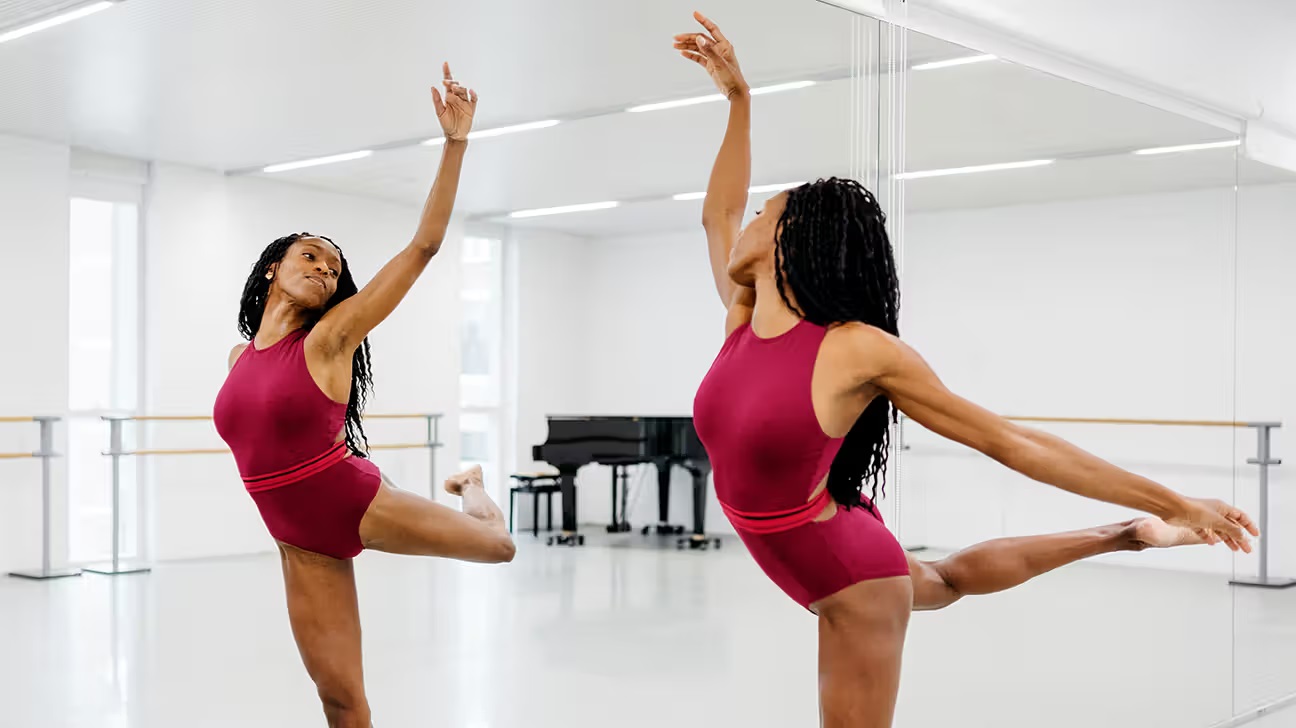When it comes to dance training, there are essentially two paths one can choose from – vocational or recreational. In the world of vocational ballet, the focus is on rigorous training and preparation for a professional career in dance. On the other hand, recreational dance training offers a more relaxed approach, allowing individuals to explore their passion for dance without the pressure of pursuing it professionally. In this blog post, we will delve into both these paths, helping you decide which one is right for you in the context of the vibrant Singapore dance scene.
Understanding Vocational Ballet Training
Vocational ballet training is designed for those who aspire to become professional dancers. This form of training is highly structured, focusing on developing technical skills, strength, flexibility, and artistic expression. Students often start young, dedicating numerous hours each week to practice and rehearsals.
In Singapore, vocational ballet training has produced some exceptional dancers, such as Chen Wei, a prominent dancer who trained at the Singapore Ballet Academy before joining the prestigious San Francisco Ballet.
Pros and Cons of Vocational Ballet Training
Pros:
1. Focused Training:
Vocational ballet training provides students with a comprehensive and intense curriculum that prepares them for a professional career in dance.
2. Career Opportunities:
With vocational training, dancers have the chance to join professional ballet companies and perform on international stages.
Cons:
1. Time Commitment:
Vocational ballet training requires a significant time commitment, which may not be feasible for everyone.
2. Physical Demand:
The rigorous training can be physically demanding, increasing the risk of injuries.
Exploring Recreational Dance Training
Recreational dance training is a great way for individuals to explore their love for dance without the pressures of a professional career. This type of training offers a variety of dance styles, from ballet to modern theatre dance, and allows students to learn at their own pace.
In the Singaporean dance scene, recreational dance has gained popularity, with notable personalities like Aaron Khek and Lynette Lim championing this form of dance.
Pros and Cons of Recreational Dance Training
Pros:
1. Flexibility:
Recreational dance training offers flexibility in terms of time commitment and dance styles.
2. Stress Relief:
Dancing recreationally can provide a fun and enjoyable way to relieve stress and express creativity.
Cons:
1. Limited Progression:
Without the structured and rigorous training of a vocational program, progression in dance technique might be slower.
2. Fewer Performance Opportunities:
Recreational dancers may have fewer opportunities to perform on large stages or in professional productions.
Choosing the Right Path: Vocational Ballet or Recreational Dance?
The choice between vocational and recreational dance training ultimately depends on your personal goals and circumstances. If you are passionate about pursuing a professional career in dance and are willing to dedicate the required time and effort, vocational ballet training may be the right path for you.
However, if you love to dance but prefer a less structured and demanding schedule, or simply want to enjoy dance as a hobby or form of exercise, recreational dance training would be an ideal choice. Remember, it’s essential to choose a path that brings you joy and fulfillment.
In conclusion, whether you choose Vocational Ballet training or modern theatre dance training, it’s important to remember that both paths offer unique benefits and experiences. By understanding these differences, you can make an informed decision that aligns with your passion for dance and your personal goals. In the vibrant and diverse dance scene of Singapore, there is a place for everyone to dance, learn, and grow.

